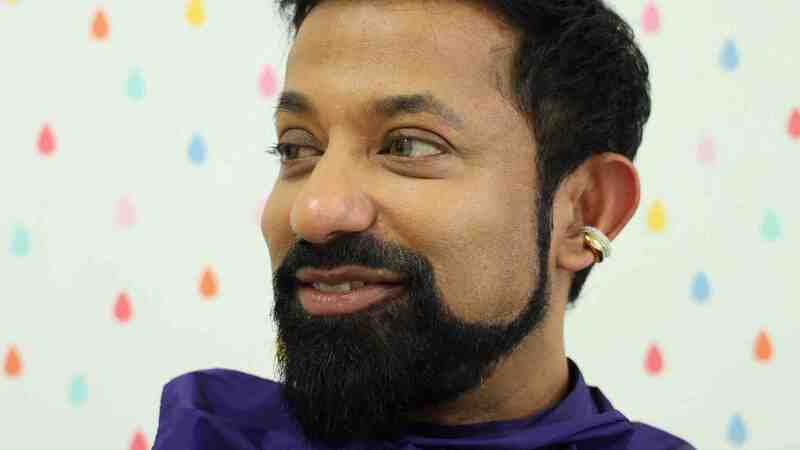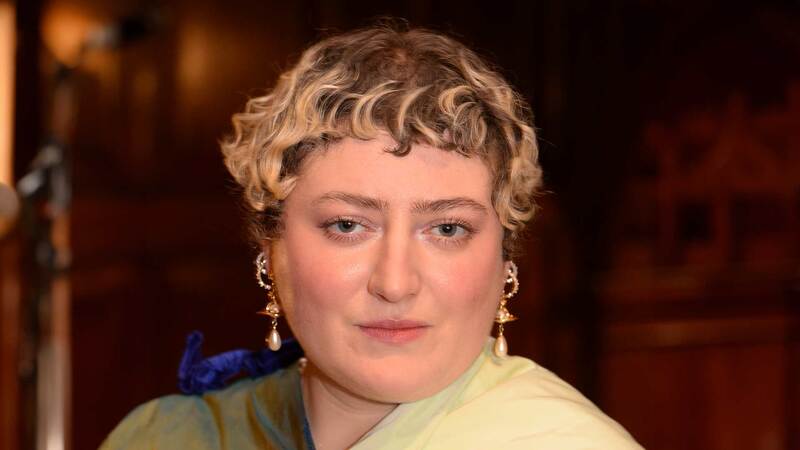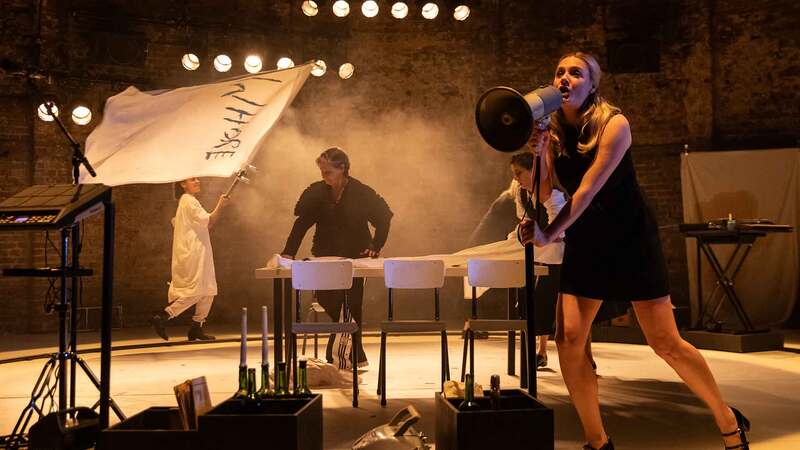You are viewing your 1 free article this month. Login to read more articles.
Spectre of Trump hangs over US National Book Awards
As the 67th National Book Awards were about to get underway in New York last night (16th November), 76-year-old US Congressman John Lewis, an American hero and living legend of the Civil Rights Movement, told The Bookseller: "We have to continue to stand up, speak up, and continue to fight. We don’t have a choice. This, too, shall pass.”
By the time the awards dinner and ceremony had ended, Lewis was shedding tears of joy, having along with two co-authors won the prize for Young People’s Literature, for volume three of March (Top Shelf/IDW), a graphic historical memoir of his life.
He was one of three African-Americans who took home three out of the four major book prizes last night, in what turned out to be a remarkable evening of community and hope, a triumphant response to all that has been so negative and ugly these past weeks.
Colson Whitehead, highly favoured, won the fiction prize for The Underground Railroad (Doubleday). In a surprise, Ibram X. Kendi won in nonfiction for Stamped from the Beginning: The Definitive History of Racist Ideas in America (Nation Books). Cornelius Eady and Toi Dericotte, co-winners of one of the lifetime achievement awards, were also African-American. They won for cofounding Cave Canem, a home for black poetry.
That left biographer Robert Caro, the other lifetime achievement recipient; poetry winner Daniel Borzutzky (The Performance of Becoming Human, Brooklyn Arts Press); and John Lewis’s co-authors Andrew Aydin and Nate Powell equally celebrated, but in a white minority.
Publishers didn’t talk for attribution about Trump. One spoke of feeling like he was living in the 1930s; another, of how truly scary it is to have a “blank-slate president-elect open to the influence of the last person he’s talked to.” They worried about the spectre of self-censorship.
Independent bookseller Roxane Coady said that she and others were “rethinking the kinds of books people will want for the holidays. They’ll look for fun and beautiful; but after the inauguration, they’ll turn to thinking about themselves as citizens and what that will mean, and to the store even more for community.”
Winner Toi Dericotte said that “joy is an act of resistance,” a refrain repeated by many that evening. Cornelius Eady said: “As we speak, uptown there are people in a building [Trump Tower] trying to write the narrative of who we are and what we’re supposed to be. When we lose [our own] narrative, bad things happen.”
John Lewis co-author Nate Powell addressed his remarks to the president-elect without naming him, declaring that “the challenge is to take our trilogy into those tiny hands and let that tiny heart be transformed by it. None of us is alone, not even you.”
Ibram Kendi, who had to look at “the worst of American racism” for his book, spoke of naming his six-month-old daughter Imani – Swahili for “faith” - and declared that he “never lost faith in America,” and “will never lose faith.”
Colson Whitehead came last. “Who knows where we’re gonna be a year from now?” he asked. “But here’s something: Be kind to everybody. Make art. And fight the power. It’s a good formula for me, anyway. And if you need a mnemonic, think BMF: they can’t break me, because I’m a bad motherfucker.”
With a smile and to thunderous applause, he left the podium, and those gathered for the NBAs left with a lighter heart.
















